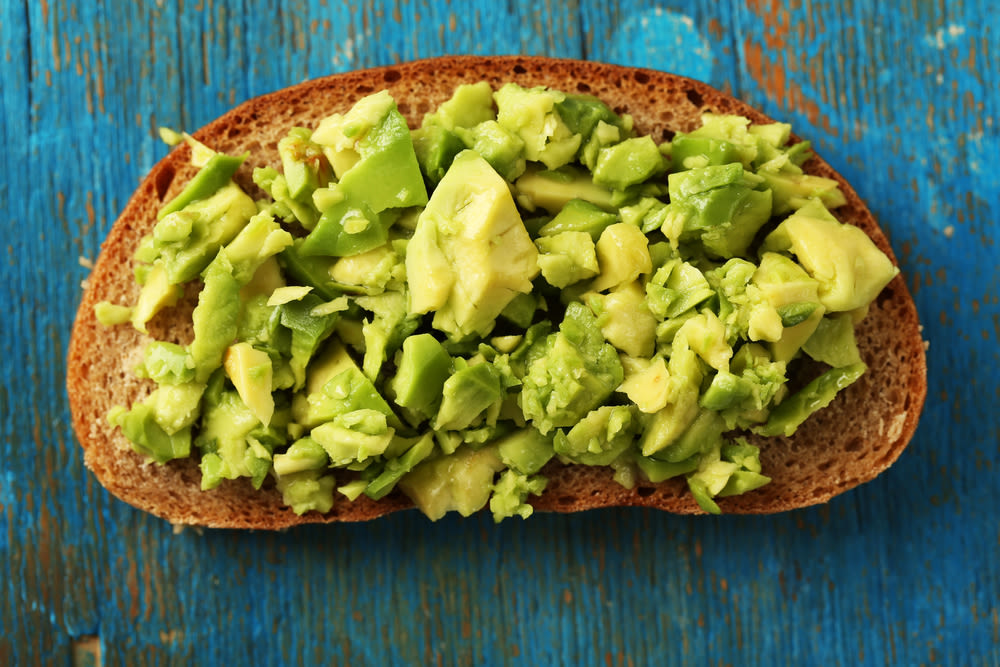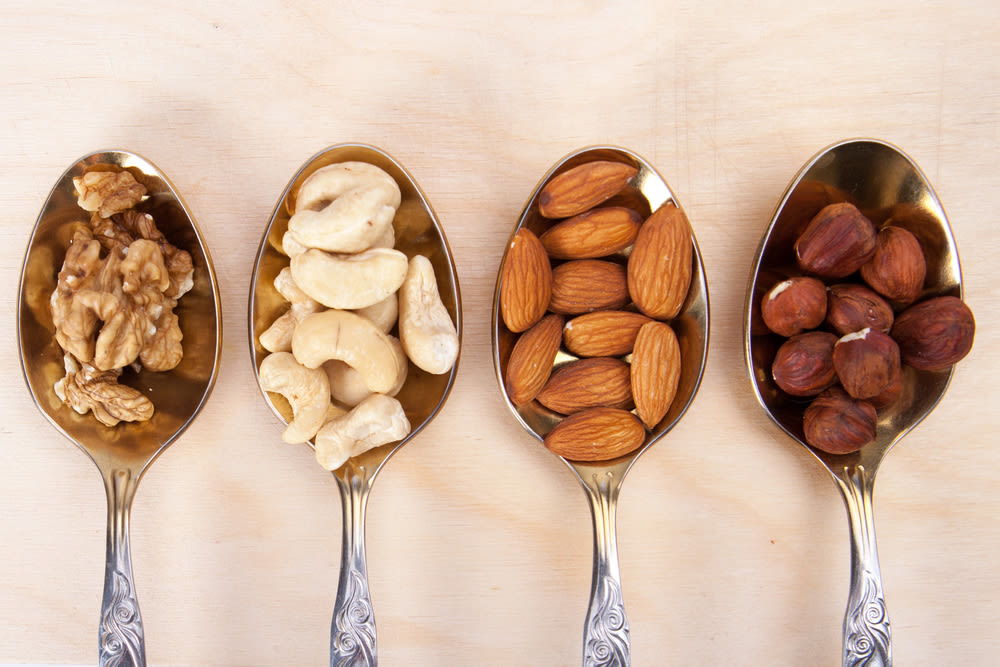Don’t Fear the Fat—Your Body Will Thank You

Image: Shutterstock
The definition of “healthy eating” seems to be ever-changing, and new advice pops up faster than people can finish their lemonade or cabbage soup cleanses (yes, those are real “diets”). In the sea of eating advice, Dr. Louise Rose—a former chef who now works as a naturopathic physician at Rose Cabinet Medicine—offers up some not-so-secret wisdom: eat more fats.
To Eat
Rose recommends cooking with stable saturated fats—think unrefined coconut oil, butter (from grass-fed cows), ghee, and lard—of the highest quality you can afford. For dressings, she recommends cold-pressed unsaturated fats like olive, avocado, and nut oils.
The difference between saturated and unsaturated fats is that the unsaturated contain double bonds between carbons. The double bond is the kink in the chain that makes the fat liquid at room temp. The more double bonds there are, the faster the oil breaks down (or oxidizes) with heat, which is why cooking with oil (aka unsaturated fat) isn’t the best idea.
To Avoid
Not all fats are created equal. Hydrogenated (or partially hydrogenated) oils house trans fats, which our bodies don’t recognize and don’t know how to process. “It’s kind of like throwing a wrench into our cellular mechanics,” Rose says. Vegetable oils like canola, corn, safflower, and soy aren’t optimal either, she adds, since the heat and chemical solvents used as extraction methods degrade the oil’s health benefits.

Image: Shutterstock
Keeping track of the plethora of fats can be confusing, but committing to eating the ones our bodies need can pay off. Here’s why:
- Eating healthy fats helps us keep our energy levels steady. “Evolutionarily, a high-fat diet sent the message to our brain that we were stable and satiated,” Rose says. In other words, an avocado with breakfast might curb a mid-morning cookie craving.
- Healthy fats don’t necessarily drain your wallet. Rose suggests stocking up on affordable fats like flax seeds, walnut pieces, avocados, canned salmon, chia seeds, almond butter, and sardines. “One sardine is a day’s dose of Omega-3, a fat our bodies don’t make naturally,” she adds.
- Fats are the building blocks for our cells. You are what you eat, and according to Rose, “Quality fats make quality cells.” Plus, our brain is made up of fats, so loading up now might mean warding off memory loss or dementia later on.
- It’s important to eat both saturated and unsaturated fats. “There used to be this false idea that saturated fats were what clog your arteries because they are solid at room temperature, but our bodies aren’t room temperature,” Rose says. “Saturated fats help give the cell membrane structure; unsaturated fats give cells fluidity.”
- Introducing wholesome fats into your diet means eating deliciously satisfying meals like salmon cakes with fresh ginger and horseradish, pumpkin pie chia pudding, and Rose’s favorite, bulletproof coffee: black coffee blended with butter and MCT [medium chain triglyceride] oil.




